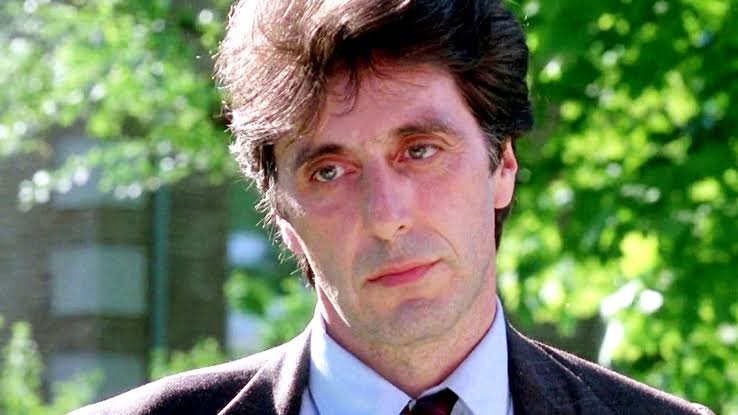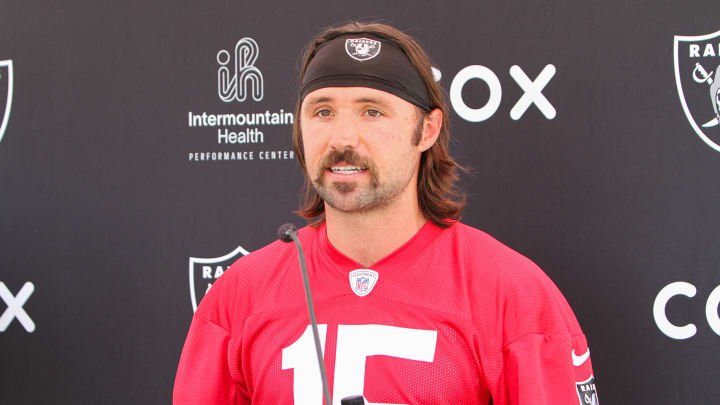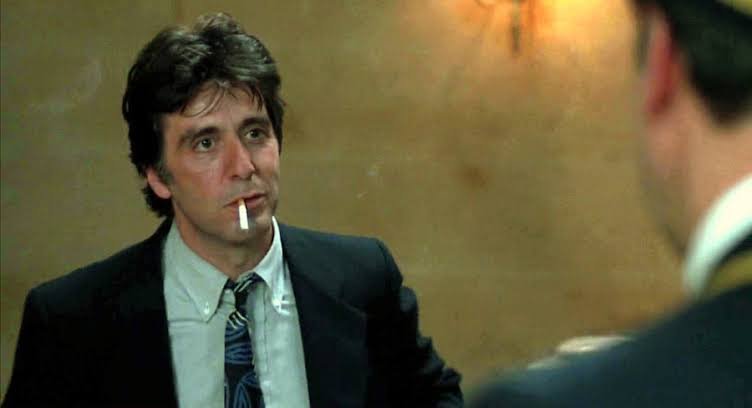
Celebrating Al Pacino: A Cinematic Titan
In the vast landscape of Hollywood, where stars come and go, few have left an indelible mark as profound as Al Pacino. A titan of the silver screen, Pacino’s career, spanning over five decades, is a testament to his exceptional talent, versatility, and relentless dedication to the craft of acting. As he celebrates his 84th birthday this year, the film industry and fans worldwide take a moment to honor the legacy of one of the greatest actors of all time.
Alfredo James Pacino, born on April 25, 1940, in New York City, emerged from humble beginnings to become an icon of American cinema. His journey to stardom began on the theater stages of New York, where he honed his skills and developed a profound understanding of character portrayal. It was his breakout role in “The Panic in Needle Park” (1971) that caught the attention of director Francis Ford Coppola, who would cast him in the role that would change his life forever.
“The Godfather” (1972), where Pacino played Michael Corleone, cemented his status as a leading man in Hollywood. His portrayal of the reluctant mob boss was both subtle and powerful, earning him his first Academy Award nomination. The success of “The Godfather” was followed by an equally compelling performance in “The Godfather Part II” (1974), for which he received another Oscar nomination.
Throughout the 1970s, Pacino’s filmography expanded with roles that showcased his range and depth. Films like “Serpico” (1973), where he played an honest cop fighting corruption, and “Dog Day Afternoon” (1975), depicting a hapless bank robber, displayed his ability to immerse himself completely into diverse characters. His performances were marked by an intensity and authenticity that captivated audiences and critics alike.
The 1980s saw Pacino continue to deliver powerful performances, including his role as Tony Montana in “Scarface” (1983), a film that, despite initial mixed reviews, has since become a cult classic. The iconic line, “Say hello to my little friend,” and his portrayal of the ruthless, ambitious drug lord have become ingrained in popular culture.
Pacino’s career is not just defined by his early successes but also by his continued evolution as an actor. In the 1990s, he won his first Academy Award for Best Actor for his role in “Scent of a Woman” (1992), where his portrayal of a blind, retired army officer showcased his exceptional talent. His roles in “Carlito’s Way” (1993) and “Heat” (1995) further demonstrated his ability to adapt and excel in various genres.
Beyond his film work, Pacino has remained committed to the theater, earning Tony Awards for his performances in “Does a Tiger Wear a Necktie?” and “The Basic Training of Pavlo Hummel.” His dedication to the stage underscores his deep-rooted passion for acting.
As Pacino celebrates his illustrious career, his influence on cinema is undeniable. He has inspired countless actors and filmmakers, and his films continue to resonate with new generations. Al Pacino is more than just an actor; he is a symbol of excellence in the art of storytelling. His journey from the streets of New York to the pinnacle of Hollywood success serves as an enduring inspiration, reminding us of the power of talent, perseverance, and passion.
In celebrating Al Pacino, we celebrate a legacy that transcends time, a career that has shaped the very fabric of modern cinema, and a man whose contributions to the arts are immeasurable. Here’s to a cinematic titan whose work will continue to inspire and entertain for generations to come.


